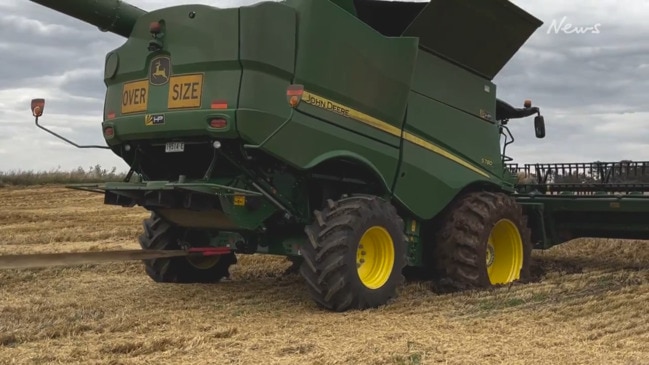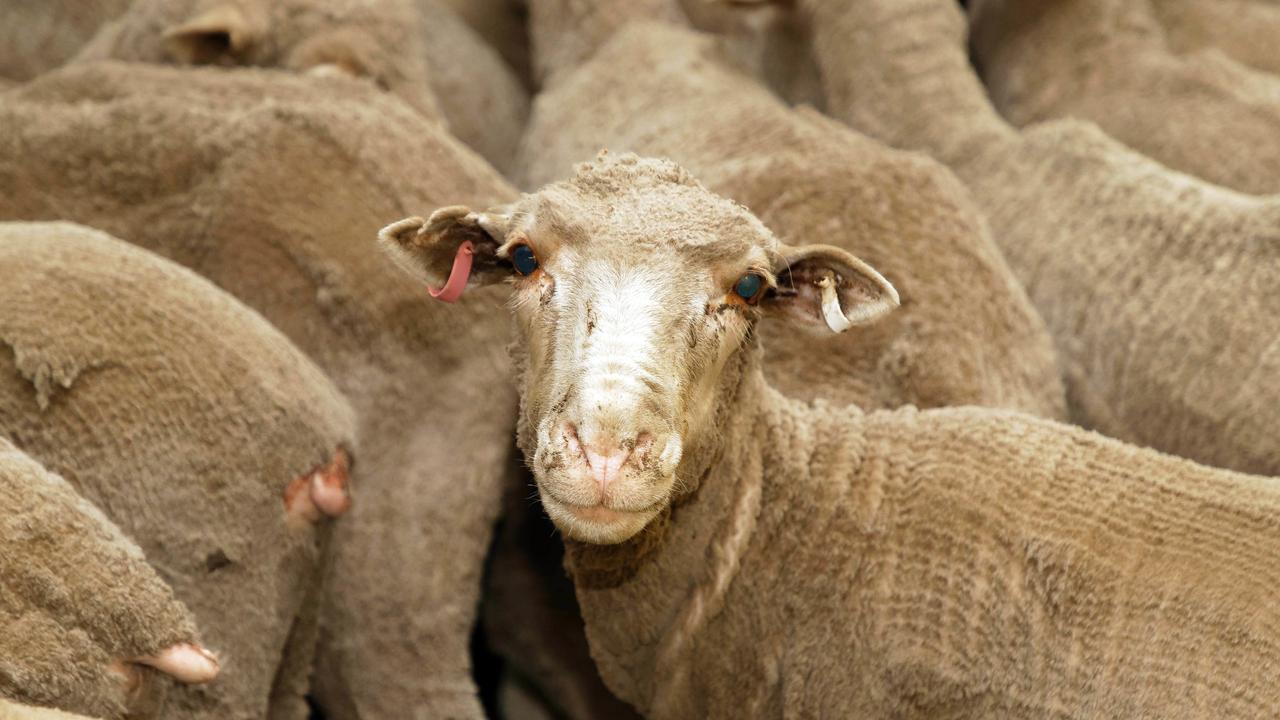Farmers scramble to find feed due to vetch shortage
A lack of vetch has created supply shortages in the hay and fodder industry, with livestock producers scrambling to find stocks.

A lack of vetch has created supply shortages in the hay and fodder industry, with livestock producers scrambling to find stocks.
The recent floods and abundance of rain painted a picture of certainty for livestock feed. Yet the wet weather also wiped out vast amounts of Australia’s vetch production.
Echuca feedlot operator and fodder contractor Jason Palmer said there is a significant shortage of high-quality protein feed.
And those who did have hay stored on farms or held in reserves could command a reasonable price.
“If you have good cereal hay, there would be a premium, and there will be a premium for lucerne,” he said.
“It’s going to be a very tough year.”
Large amounts of vetch were washed out during the floods, and other feed crops were rendered useless.
“Some producers didn’t get to cut any silage at all,” he said.
“In some cases, when the vetch was ready to be cut, it had to be ploughed back in,” he said.
Mr Palmer said many of Victoria’s dairy farmers had planned for this and would use carry-over stores, but there was still a concern about fodder supplies.
“This will mainly affect the dairy industry,” he said.
As the season progresses, he predicts a move towards using lucerne.
“You can hardly buy small bales of lucene at the moment,” he said.
“The lucerne is just not there either,” he said.
“There’s very little good quality hay out there,” he said.
“Anybody who thinks they can buy truckloads of lucerne is dreaming,” he said.
Some categories of fodder have increased by up to $100 a tonne due to limited supplies. However, those in the contracting industry says big price increases are likely to take hold later in the season. For now the main concern is supply.
The latest Australian Fodder Industry Association hay report indicates that supply shortages are prompting price rises across Victoria and parts of NSW.
AFIA has reported price increases for fodder in the Goulburn/Murray Valley, with cereal hay increasing this week ranging from $280 to $365 a tonne. Lucerne hay is making $440 a tonne to $505 a tonne. In the Gippsland region, straw has increased in price to make $130 a tonne to $195 a tonne.
The Central West of NSW has cereal hay ranging from $285 to $320 a tonne. Straw has increased in price this week, selling from $160 to $185 a tonne.
“There is a fair bit of irrigation water around so (that) people will grow some more lucerne; there’s also some forage sorghum,” he said.
Mr Holm said the gap was in finding high-quality, high-protein feed sources.
There was also the option of using canola meal.
AFIA chairman Brad Griffiths Mallala in South Australia said the shortages hadn’t hit his region yet due to the amount of feed that was still available.
“Given we have had summer rain, there is still plenty of feed,” he said.




